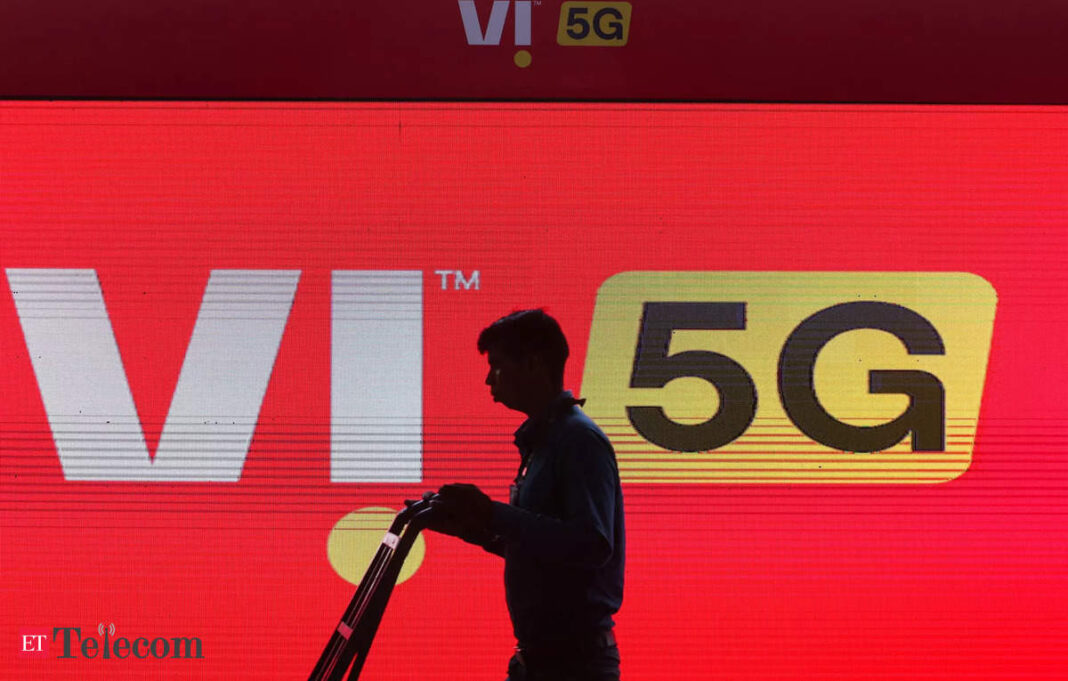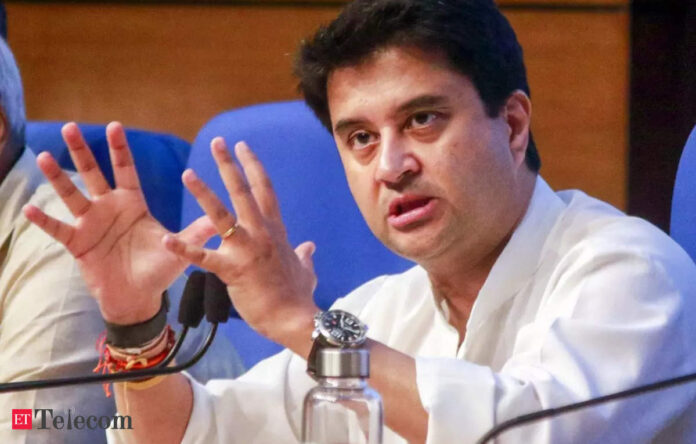In Short:
Vodafone Idea (Vi) anticipates another price hike in telecom services by mid-2025, which will help improve cash flow. CEO Akshaya Moondra shared that the company is working on securing Rs 35,000 crore in funding and discussing government dues. Despite recent setbacks in a Supreme Court case regarding dues, Vi remains committed to its long-term strategy and plans to expand its 5G services.
Vodafone Idea (Vi) anticipates an additional round of tariff hikes within the telecom sector, expected to take place in the second half of 2025. This development is projected to enhance the telecom operator’s cash flow generation.
Debt-Raising Initiatives
During an analyst call on Monday, Vi’s Chief Executive, Akshaya Moondra, indicated that the company is engaged in advanced discussions with lenders to facilitate a debt-raising initiative of nearly Rs 35,000 crore. He emphasized that the generated cash flow will be directed toward settling government obligations.
Moondra noted, “We had a price increase in July, and we have factored in the next tariff increase of a similar magnitude to occur approximately 15 months after the last price adjustment. This is one assumption in terms of our cash flows.”
Recent Tariff Hikes in the Sector
In July, Reliance Jio implemented tariff hikes ranging from 12% to 25%, while Bharti Airtel increased its tariffs between 11% to 21%. Vodafone Idea also raised its mobile tariffs by 10-23% to improve average revenue per user (ARPU) and to invest sustainably in the expansion of 5G services throughout the country.
Progress on Debt Fundraising
Regarding the debt fundraising effort, Moondra mentioned that a third party, appointed by the lead banker, State Bank of India (SBI), has recently completed a techno-commercial evaluation. The report has been submitted to banks and financial institutions, facilitating their respective internal assessment and approval processes.
“We expect the bank funding to be concluded within the next seven to eight weeks,” he stated.
Engagement with the Government
Following last week’s ruling from the Supreme Court, which was not favorable to Vi regarding the recomputation of the adjusted gross revenue (AGR) case, Moondra confirmed that the company has initiated renewed discussions with the government.
“We have commenced a fresh dialogue with the government on likely remedies,” he remarked, emphasizing that the company’s long-term business strategy remains unaffected despite the recent judicial setback.
Moondra expressed disappointment regarding the court’s ruling, but reaffirmed, “It does not impact the long-term business plan of the company and its existing liabilities.”
Outstanding Liabilities
The Supreme Court’s decision poses a considerable challenge for the telecom sector, particularly for Vodafone Idea, which currently owes the government Rs 2,03,430 crore. This includes Rs 1,33,110 crore in deferred spectrum payments and Rs 70,320 crore in AGR liabilities as of March 31, 2024.
Moondra articulated that they view this ruling as the final outcome regarding AGR dues, stating, “The action on AGR dues now falls onto the government. We are in the process of submitting requests to the government concerning AGR dues.” He added that Vi would engage in discussions with the government shortly regarding these requests.
“The government has been very engaged with the industry and is committed to maintaining three robust private players,” he noted.
Partnerships and Future Plans
On a positive note, Vodafone Idea recently finalized three-year 4G and 5G network equipment agreements with Samsung, Ericsson, and Nokia. Moondra stated that equipment deliveries are anticipated in the latter half of the next quarter, with the rollout commencing thereafter. “There is some lead time for the vendors to fulfill the orders,” he explained.
“We have acquired 5G spectrum in 17 circles, and we will be launching 5G services in all these regions,” he added.
Challenges in 5G Monetization
Despite the nationwide rollout of 5G by competitors like Jio and Airtel, Moondra acknowledged that monetization remains a significant challenge. He explained, “Due to the unmetered usage at present, it has effectively become a pricing issue. We believe that this situation will be addressed over time, but it is a reflection of market evolution.”
Moreover, he pointed out that the current consumer-centric use cases for 5G technology are limited. “The evolution of 5G in terms of device penetration is progressing rapidly. We will continue monitoring market factors and may either accelerate or decelerate the 5G rollout as needed,” he concluded.





